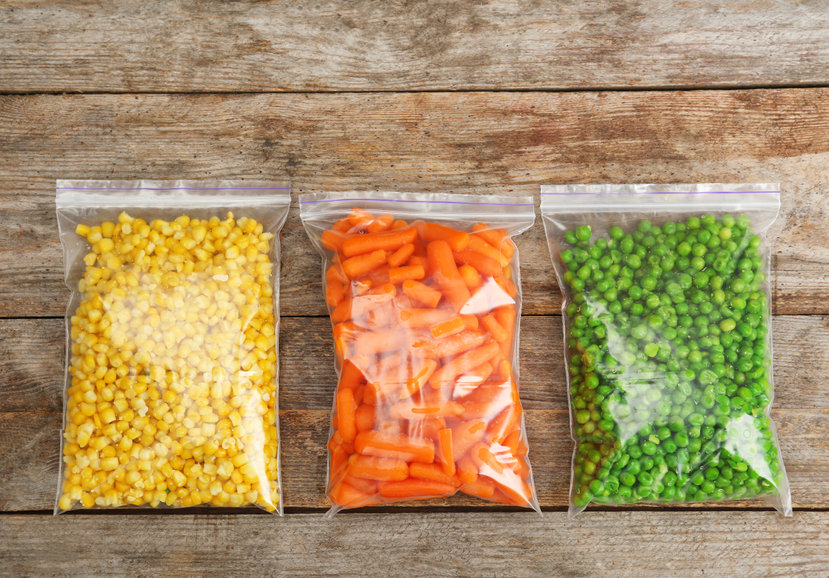
Since the pandemic, I’ve been working on getting ahead in my pantry and finances. It’s taken me a few years, but I’m finally able to reap the rewards of my hard work.
How Getting Ahead Saves Me Time, Money, and Mental Energy
The two most significant ways I got ahead were having a well-stocked pantry and using this month’s income to pay next month’s bills. Here’s how each saves me time, money, and mental energy.
Pantry
I have two large shelving units in our basement that hold canned and boxed goods. I’ve grown this pantry in the last nine months since we’ve moved. Now, when I go to the grocery store, the only items I “need” are fresh fruits and vegetables. The rest of what I buy is to restock the pantry when needed.
In addition to dry goods, I have two deep freezers full of dairy-free cheese (I only buy this when it’s on sale), meats, fish, and freezer meals I’ve made in advance.
A well-stocked pantry and freezer save me money and time because I don’t have to run to the store for one or two items. If I run out of an ingredient when cooking, I get another one downstairs. I call it “shopping in the basement.”
Using This Month’s Income to Pay Next Month’s Bills
Getting ahead financially has been my goal for some time, but it was only over the last year that we’ve been able to do so. Having all the money I need to pay this month’s bills at the start of the month saves me mental energy, time, and money.
What I Used to Do
When I didn’t have extra money, I would assign each paycheck to specific bills I had to pay. Since my husband is paid every two weeks, this could get tricky. Our house payment is due on the first, but sometimes, depending on how the paychecks fell, I wouldn’t have the money to pay that bill until the very end of the month, which stressed me out. I had to keep an eye on all my bills to avoid missing any due dates.
What I Do Now
Now, I’m one month ahead on all bills in my budget. So, when June 1st hit, I had all the money I needed to pay June’s bills. I can pay my house payment anytime during the month because the money is waiting for me to make the payment. Also, on June 1st, I have the entire amount of grocery money for the month at my disposal, so I can buy groceries whenever I want or need to, rather than waiting on my husband’s paycheck to come.
When my husband was paid on June 1st, I went to July’s budget and added his paycheck to those expenses. I can’t express the comfort I get from having all the money for this month’s bills ready as soon as I start the new month. It also saves me time because I can sit down to pay my bills at once without waiting for more paychecks to come in.
Final Thoughts
If you’re financially able, I highly recommend getting ahead on your pantry and your budget. You may find, as I do, that getting ahead saves time, money, and mental energy.
Read More
4 Meals from the Pantry to Save Money
5 Tips to Save on Groceries This Year
6 Items You Should Never Pay Full Price For
Melissa is a writer and virtual assistant. She earned her Master’s from Southern Illinois University, and her Bachelor’s in English from the University of Michigan. When she’s not working, you can find her homeschooling her kids, reading a good book, or cooking. She resides in New York, where she loves the natural beauty of the area.





